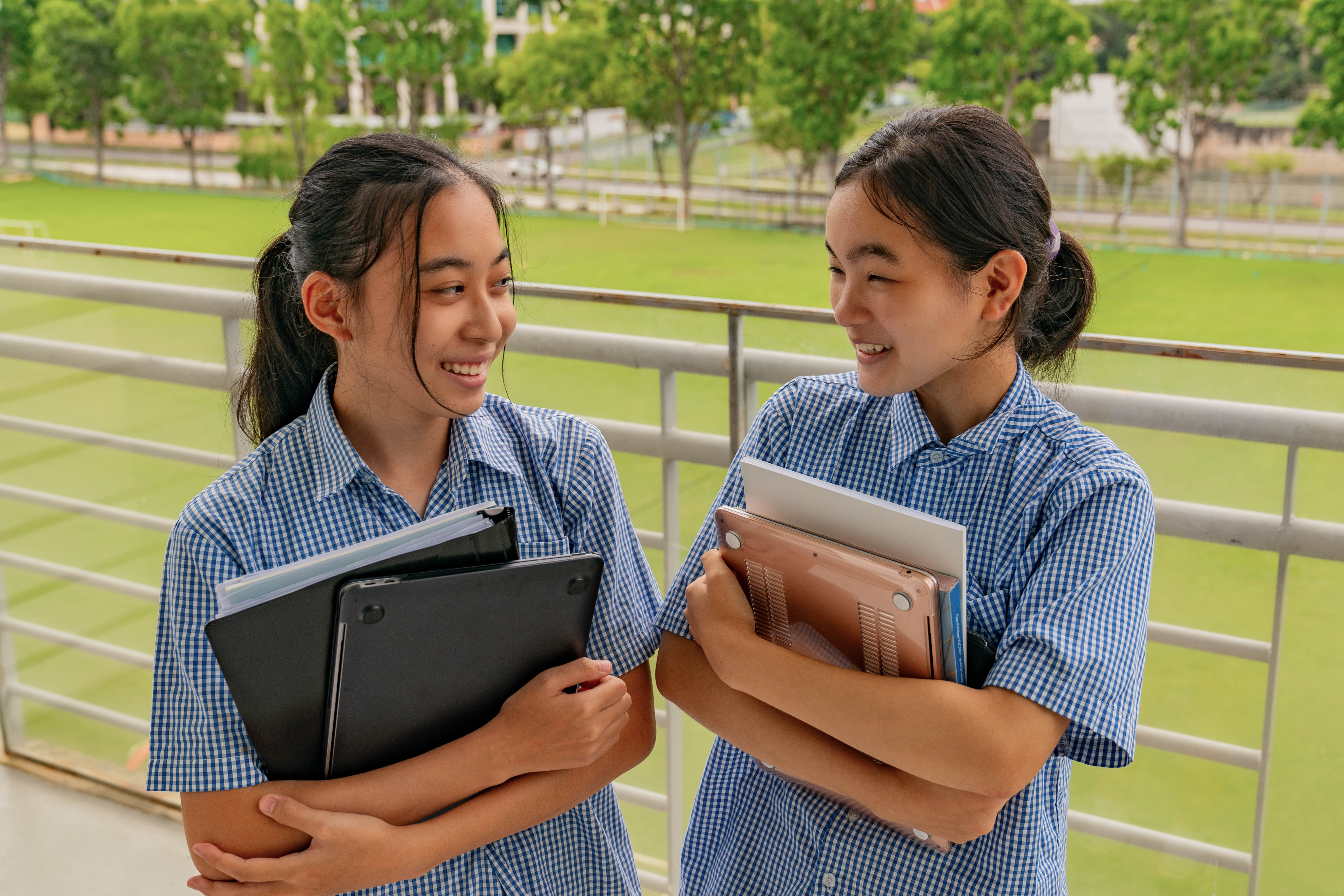
Atima Joshi
Atima Joshi is an experienced educator and has been a part of the EtonHouse Education Group since 2003. She has held various leadership positions including Principal (Middleton International School), Vice-Principal of EtonHouse International School – Broadrick and International Baccalaureate Primary Years’ Programme (IBPYP) Coordinator, Coordinator positions for different subject areas as well as grade level coordinator roles. Atima is an approved IB educator and consultant. She holds a Masters in Education from Australia and is a firm believer in lifelong learning and continual growth. Her passion, creativity and enthusiasm have enabled her to create holistic learning environments that have nurtured and inspired her students, staff and parent community.
Schools are a safe sanctuary for students, where children learn, live, flourish and forge strong bonds with peers and adults. Experiences in school lay the foundation of a child's personality. Educators have an important responsibility, that of ensuring a child's emotional wellbeing while building on their resilience to cope with challenges in school and life in general. Find out how our schools support children as they undergo physical and emotional changes in life amongst other factors.
Stress can affect even young children. Depression, anxiety, and other disorders often reflect circumstances at home, school, or the wider society. Many of these factors go unnoticed and can sometimes be too late when these observations aren’t addressed at an early stage, especially with teenagers as they struggle with physical and emotional changes in life.
We hear from Atima Joshi, principal of Middleton International school, on how the school supports its students in dealing with stress while equipping them in building emotional and emotional well-being. You can also tune in to our recent parent workshops, to find out how parents can help to cultivate children's resilience muscle.
1. School staff meetings begin with breathing and/or short contemplative practices.
'We can't help others until we help ourselves.' In order to equip the community with a sustainable mindfulness practice, the school leadership team and the staff actively practise mindfulness and upskill themselves in this area.
Our emphasis is on keeping the staff wellbeing up as well as model practices that can trickle down to the students. We offer staff time for ‘cuppa and chat’ with the leadership team if they want to have a chat on something they want to offload or share.
2. Partnership with the Contentment Foundation in the US
Recently there was a child whose family member was undergoing major treatment. The school equipped the parents with strategies on how to look out for emotional anxiety in the child. At the same time, the teachers in school were paying close attention and supporting the child in different contexts (in class and during playtime).
If required, we also recommend that parents seek external support whereby the school works with external therapists to ensure that there is consistency in the approach. For younger children, we work with parents on trying to identify the triggers and create individual action plans by the teacher if needed.
“Life doesn’t make any sense without interdependence. We need each other, and the sooner we learn that the better for us all.” — Erik Erikson
Find out more when you download our Ebook.


